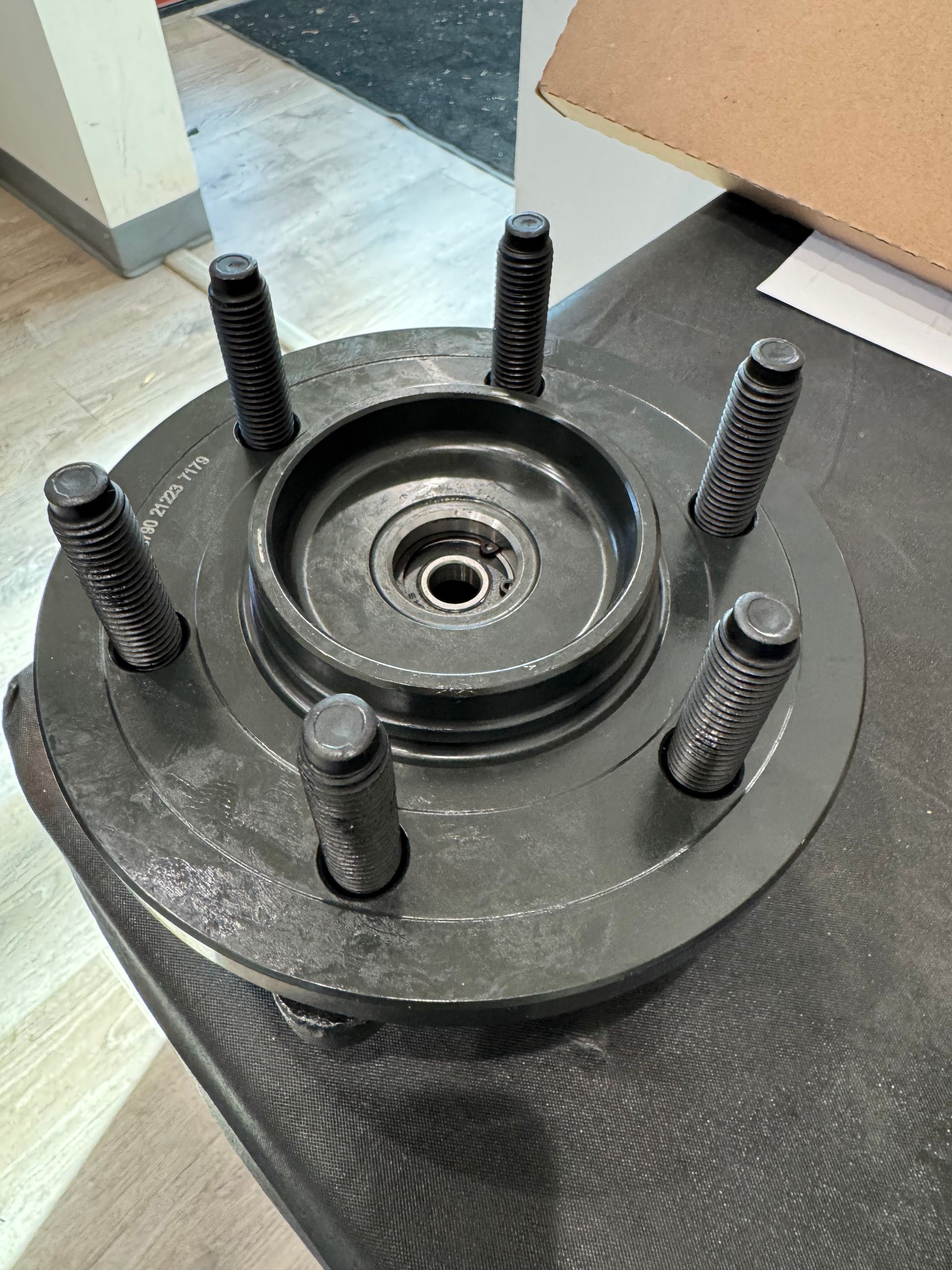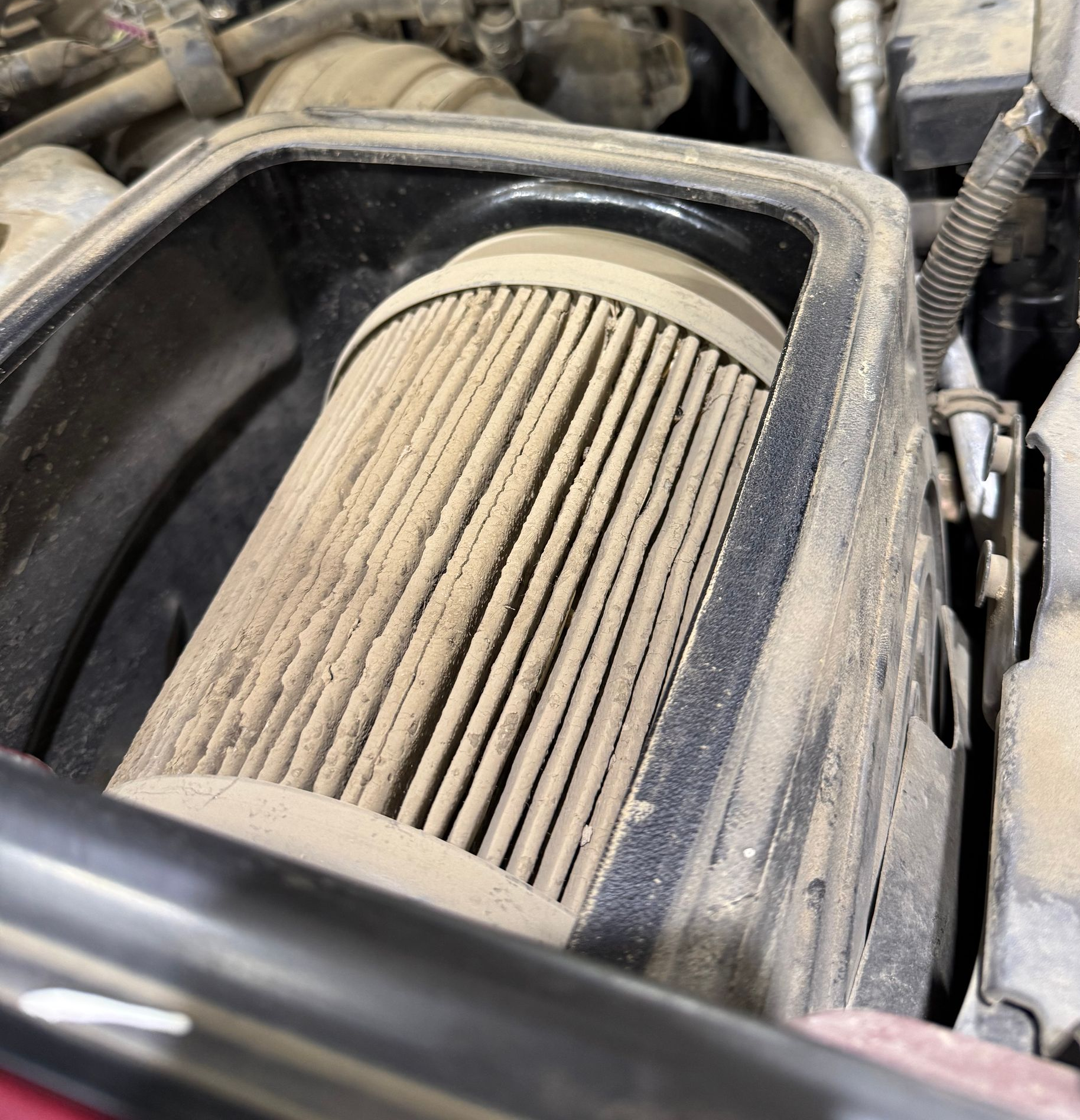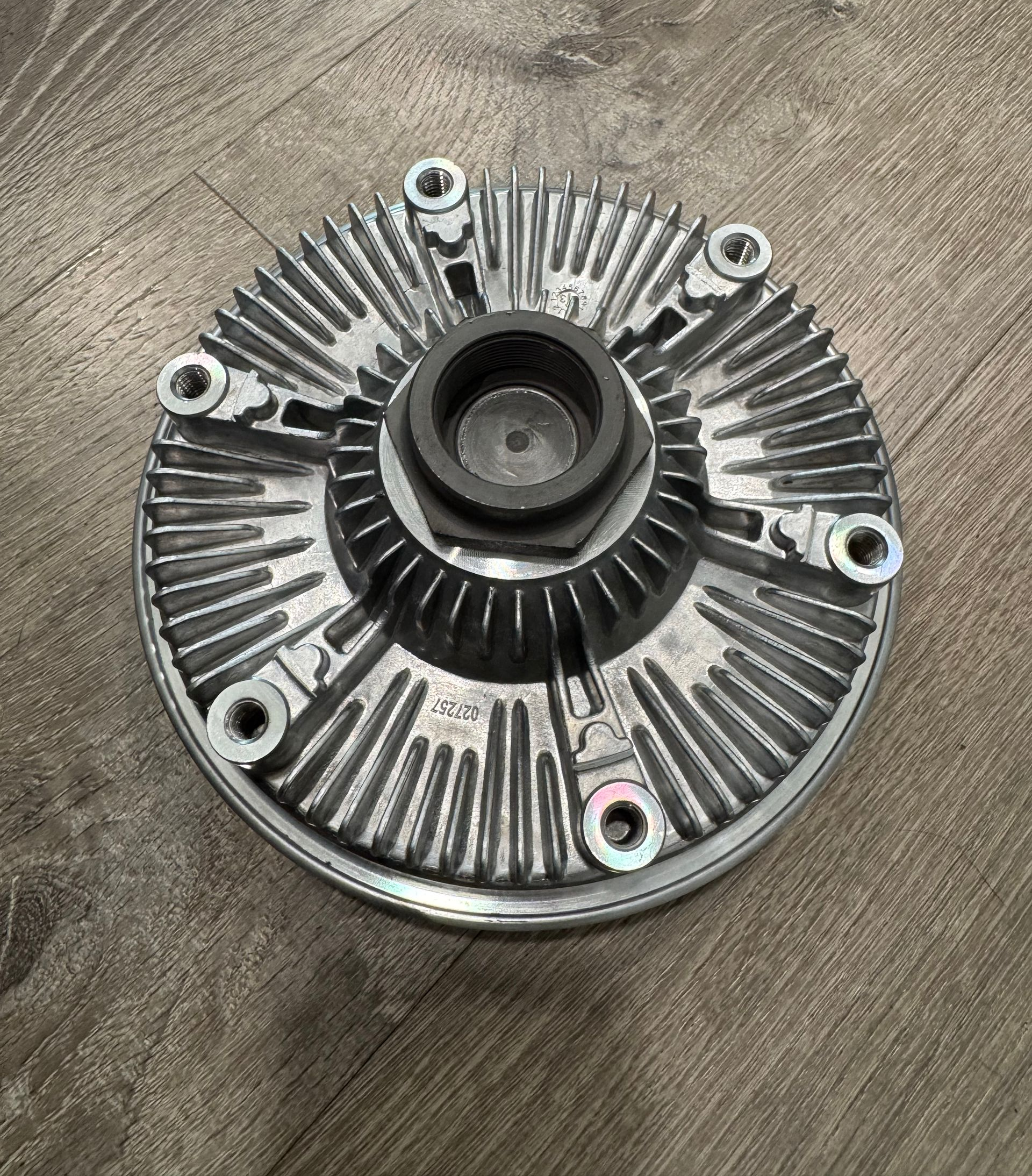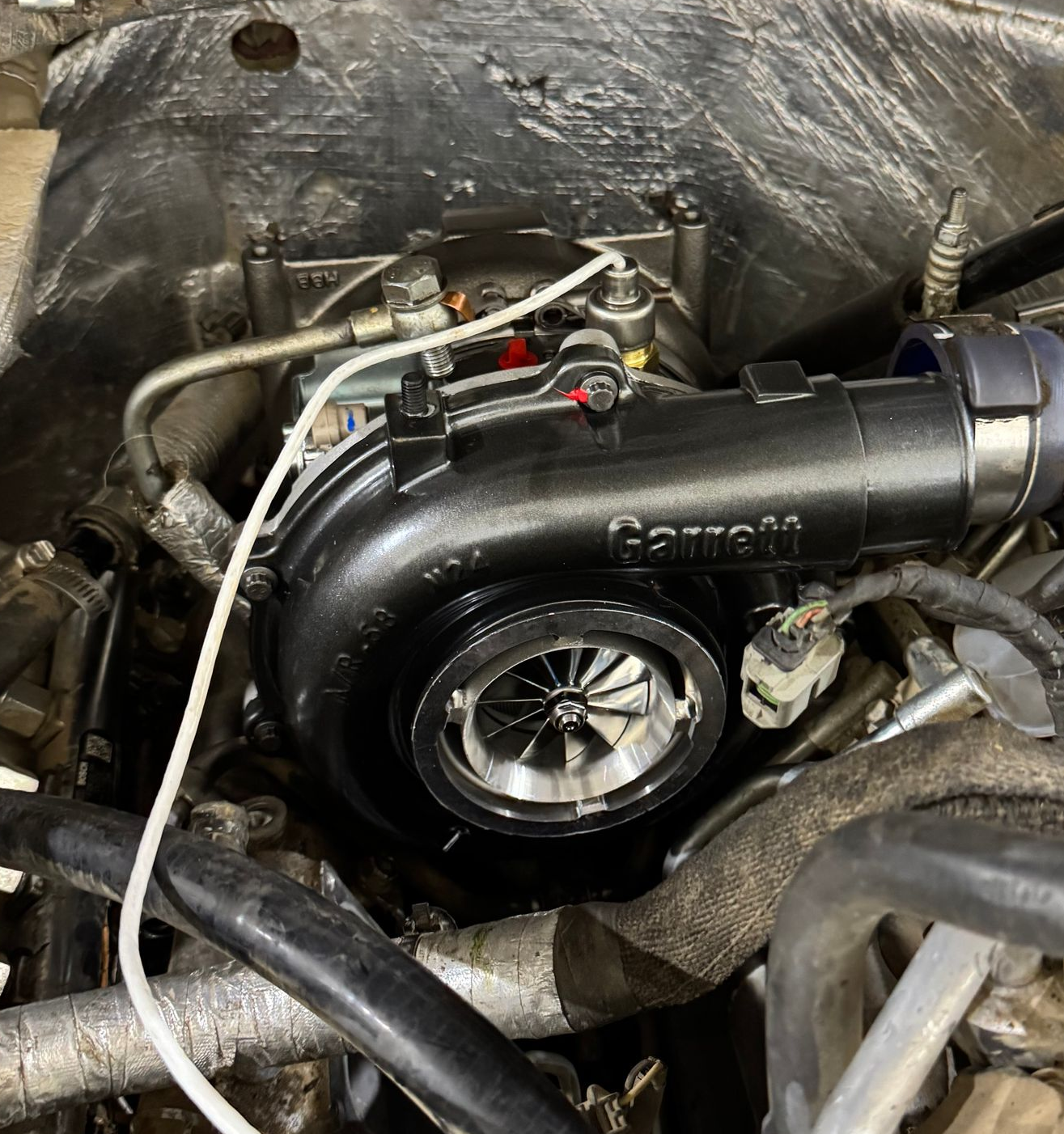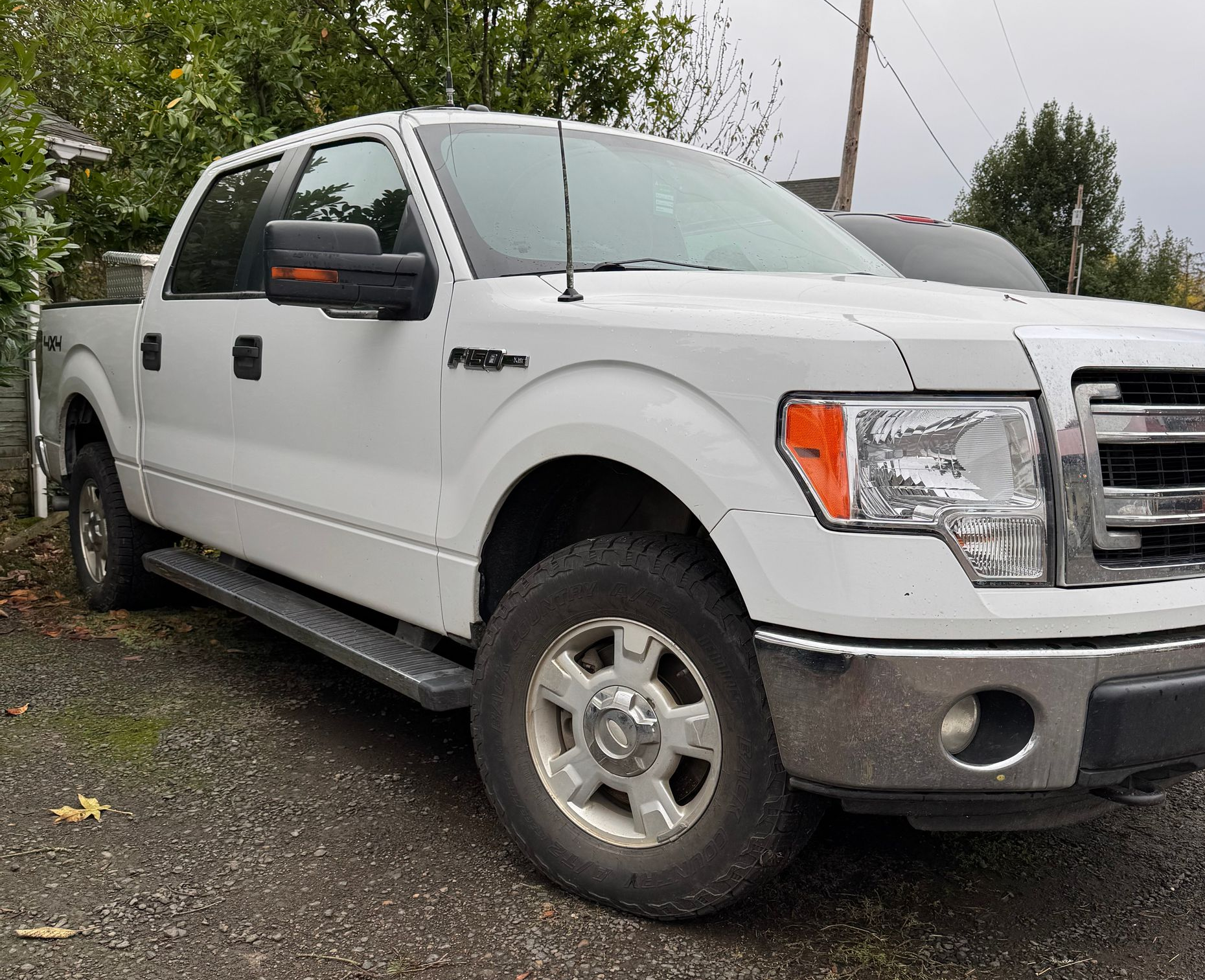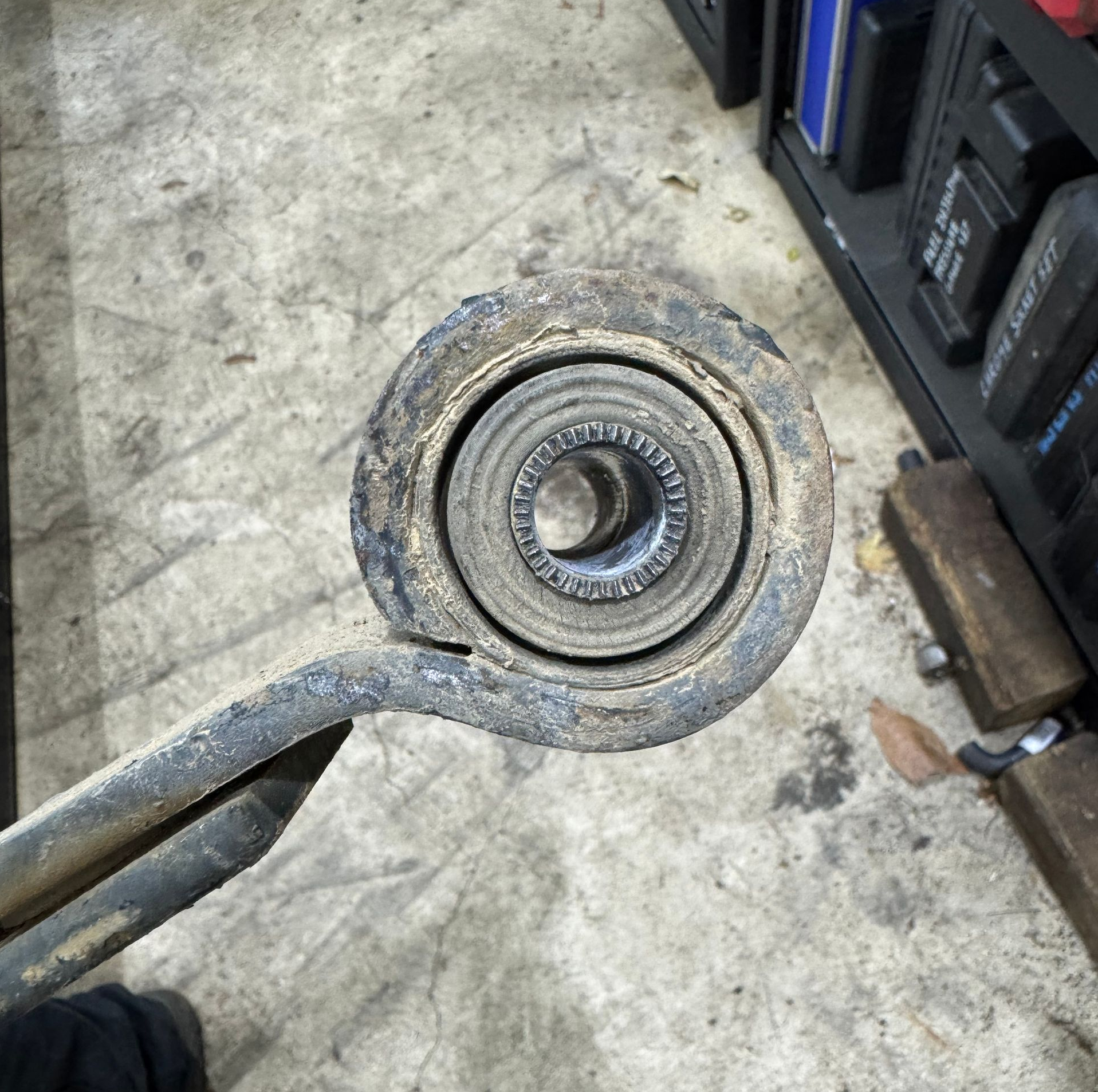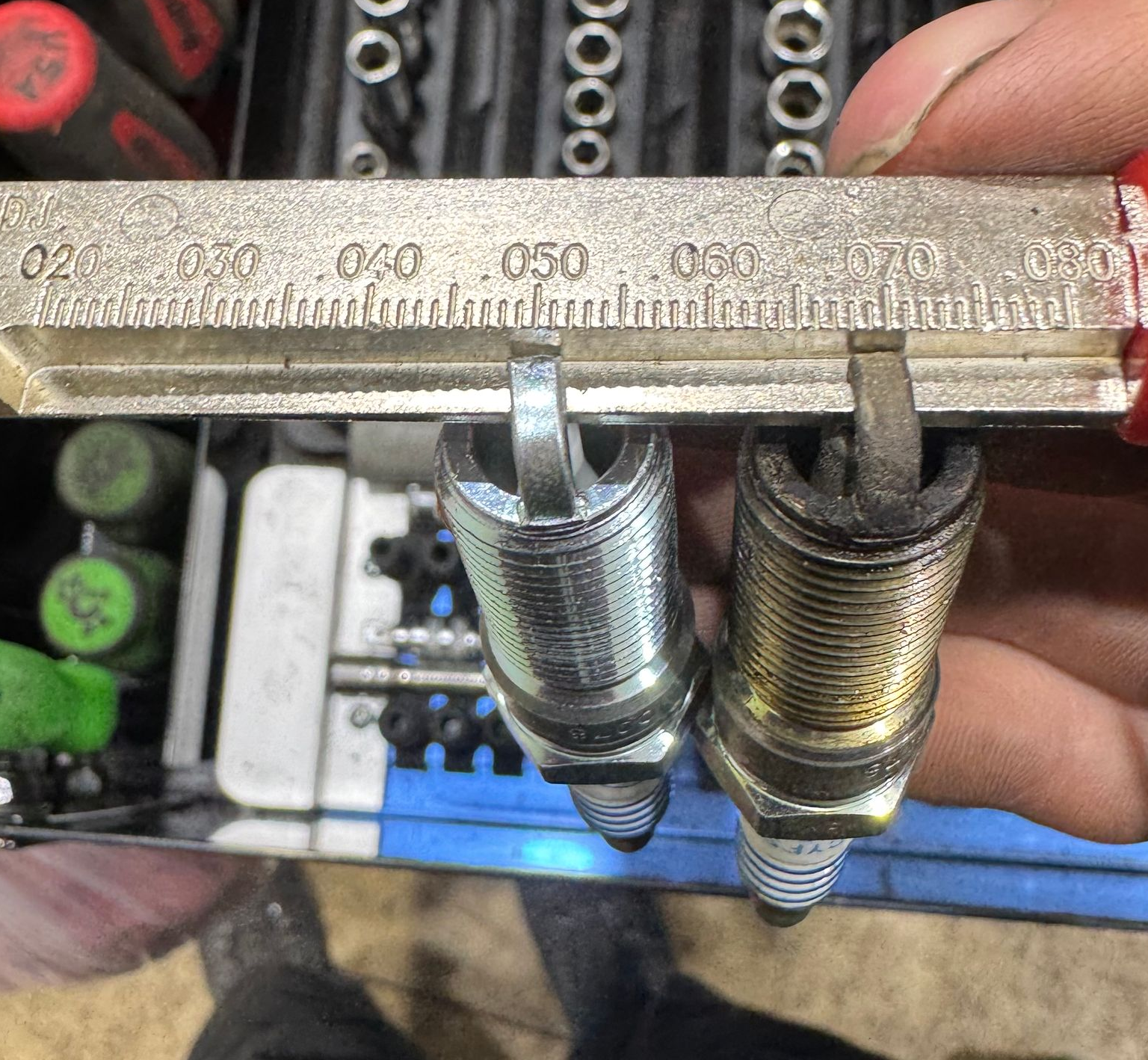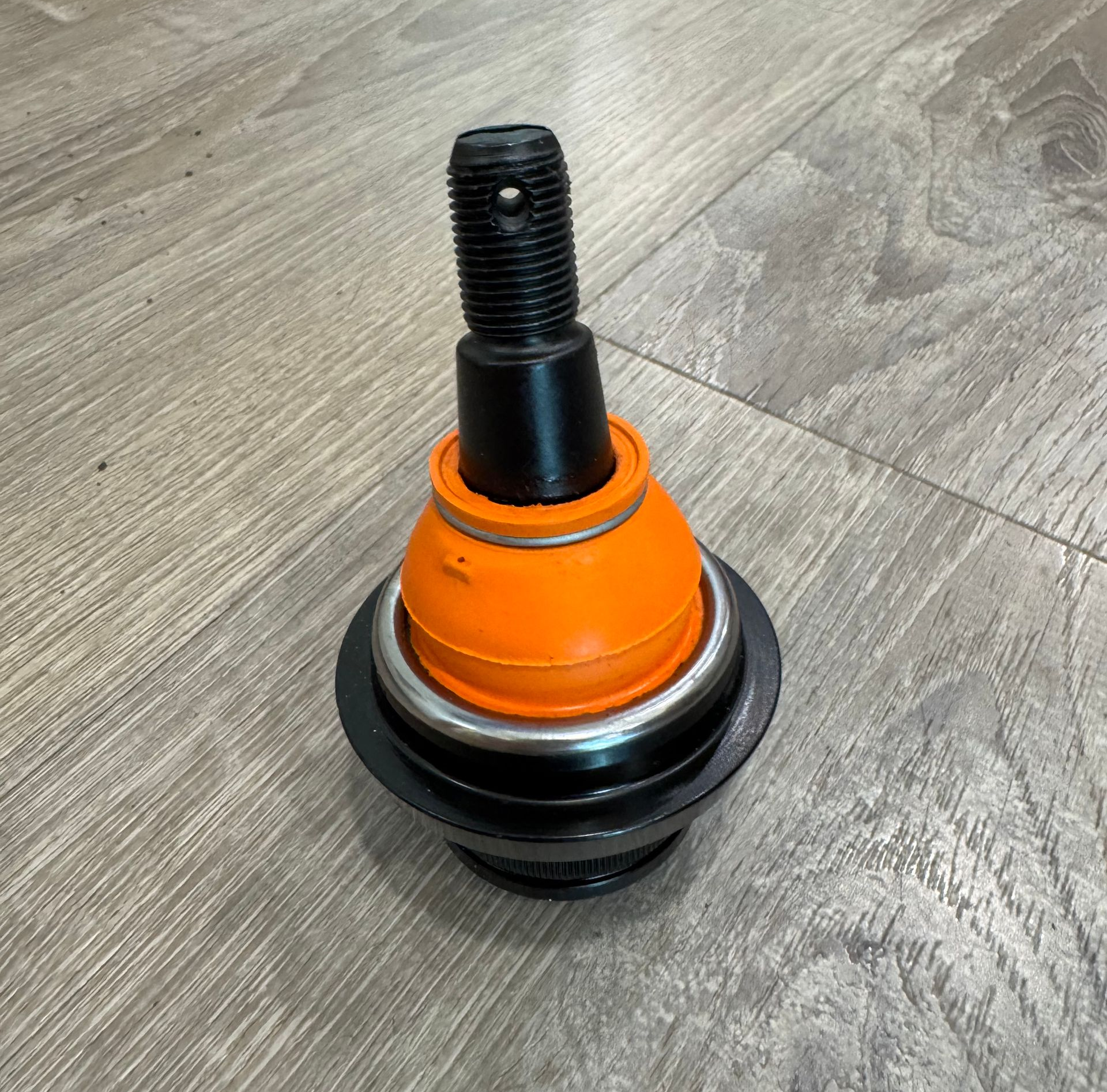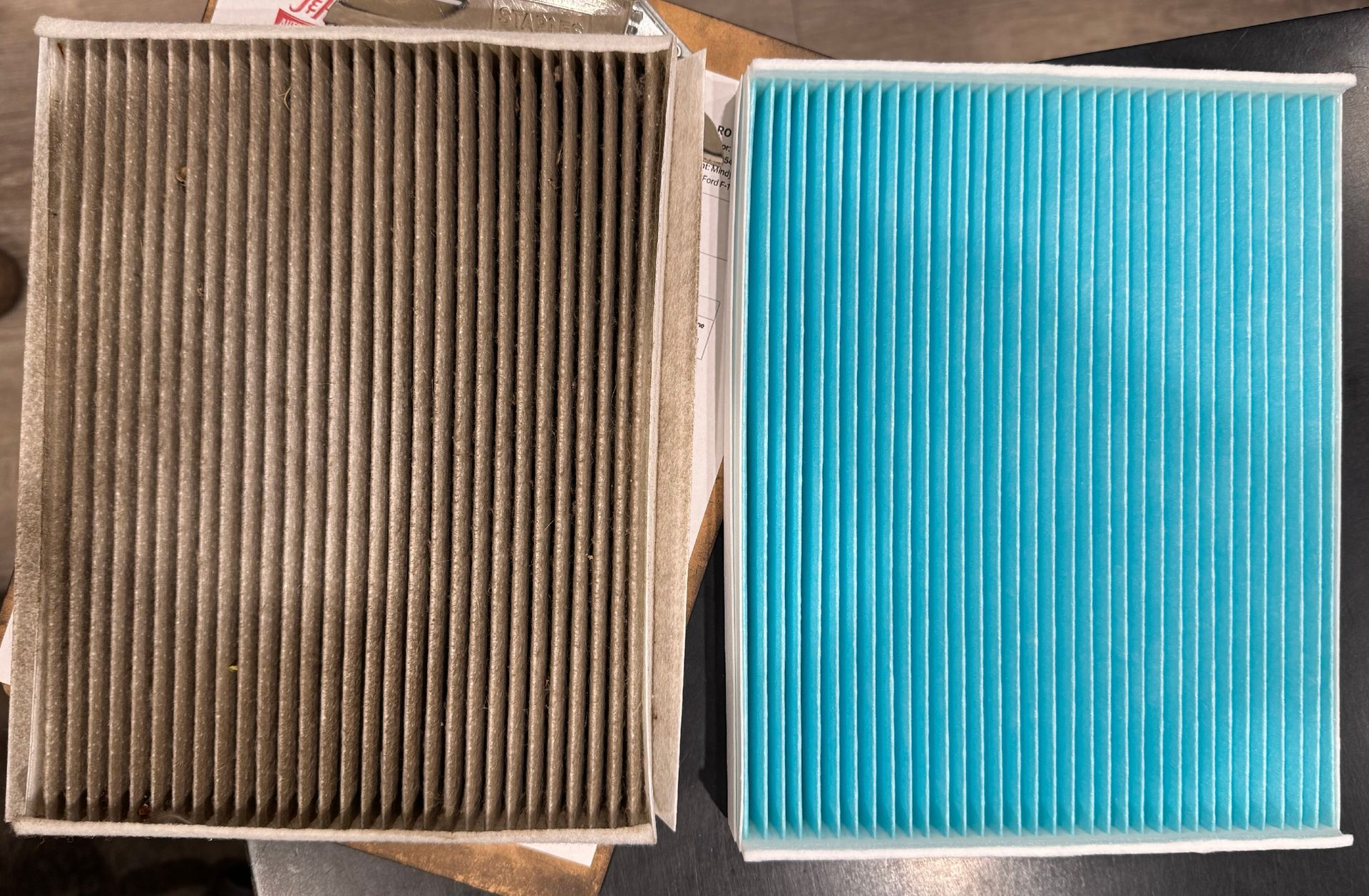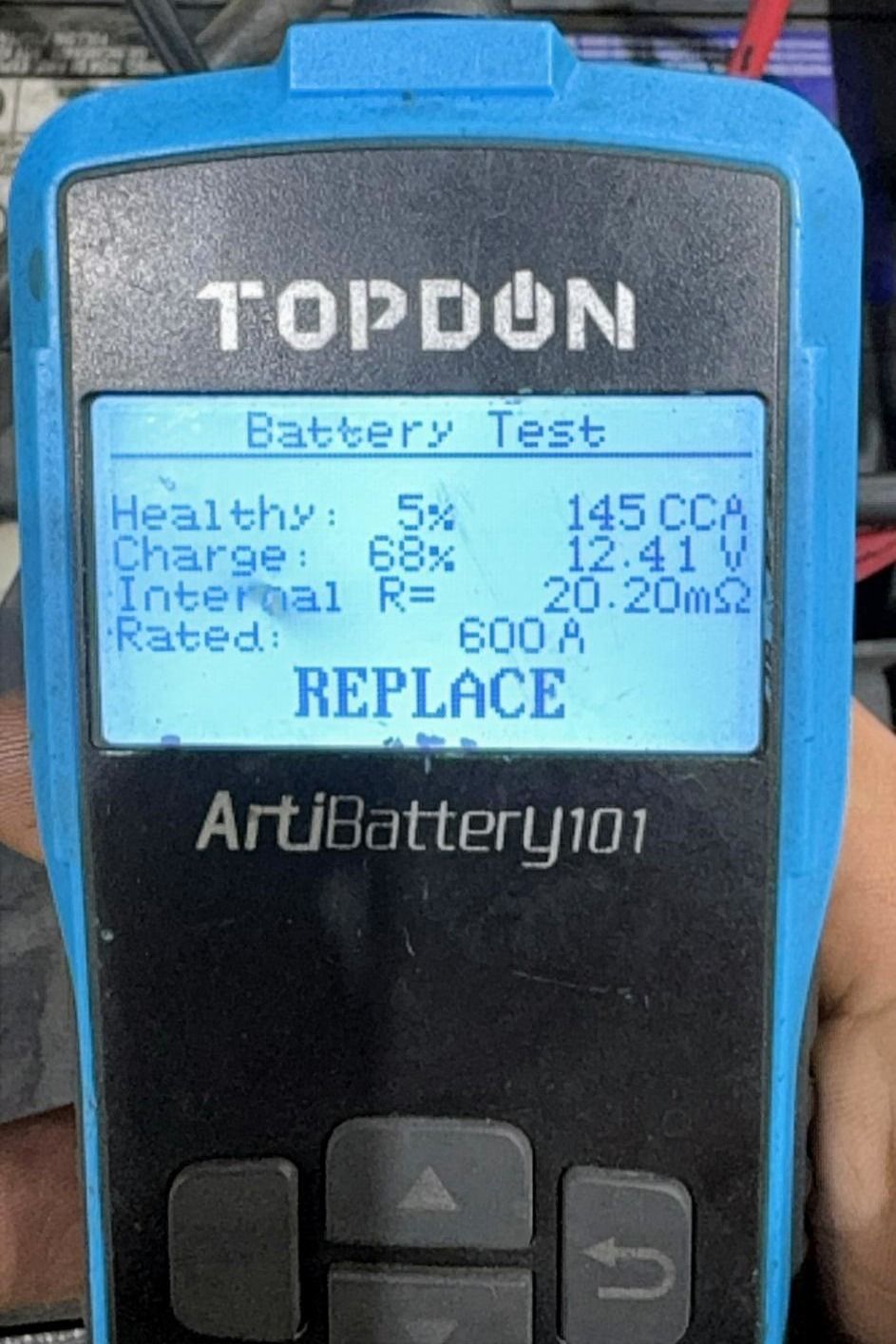Brake noise?

Why are my brakes making a growling noise?
That growling noise when you hit the brakes? It's not a good thing. It's a clear signal that something's amiss with your braking system. Ignoring it is not an option, as your brakes are arguably the most crucial safety feature in your vehicle.
A growling or grinding noise during braking usually indicates contact between metal components. Think of it this way: your brake pads are designed to create friction against the rotors to slow you down. When those pads wear thin, the metal backing of the pad can come into contact with the rotor, producing that ominous growl.
- Worn Brake Pads: This is the most frequent reason for brake growling. As brake pads wear down, they become thinner, eventually leading to metal-on-metal contact.
- Damaged Rotors: Rotors are the discs that the brake pads clamp down on. They can become warped, grooved, or excessively worn, contributing to noise and reduced braking performance. Sometimes, even if the pads are okay, a damaged rotor can cause a growl.
- Stuck Caliper: The brake caliper houses the brake pads and applies pressure to the rotor. If the caliper is stuck or seized, it can cause the brake pad to constantly rub against the rotor, even when you're not braking. This can lead to rapid pad wear and a growling noise.
- Debris or Obstruction: Sometimes, small rocks, dirt, or other debris can get lodged between the brake pad and rotor, causing a growling or scraping noise. While this is often temporary, it's worth checking out.
- Safety Hazard: Worn brakes significantly reduce your car's stopping power, increasing your risk of an accident.
- Costly Repairs: Ignoring the problem can lead to more extensive and expensive repairs down the line. For example, driving with worn brake pads can damage the rotors, requiring both to be replaced.
- Potential for Brake Failure: In extreme cases, neglecting brake problems can lead to complete brake failure, a terrifying and extremely dangerous situation.
A growling noise from your brakes is a clear indication that something is wrong. Don't ignore it! Prioritize your safety and get your brakes inspected as soon as possible. Addressing the issue promptly can save you money, prevent further damage, and, most importantly, keep you safe on the road.
Happy Adventures,
Heather
Our specials can be found here - Specials - J & H Automotive, Inc
Ready to make an appointment … Appointments - J & H Automotive, Inc
Want to know more … About Us - J & H Automotive, Inc
Would you like to join our merry band of misfits? Careers - J & H Automotive, Inc
Want to know more…
https://www.facebook.com/JHAutomotiveInc
https://www.pinterest.com/jhautoinc

